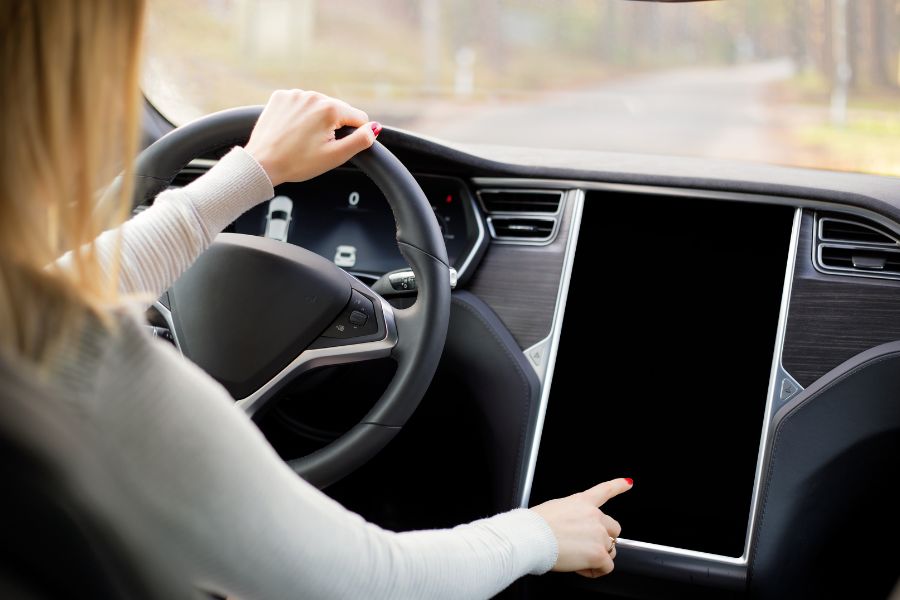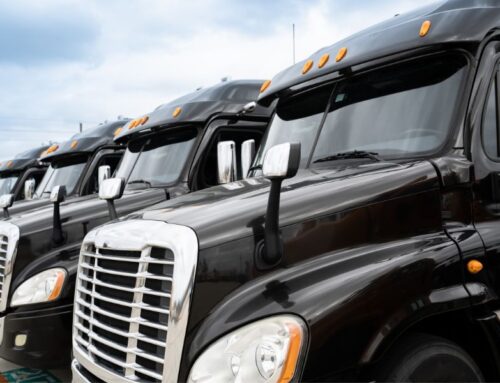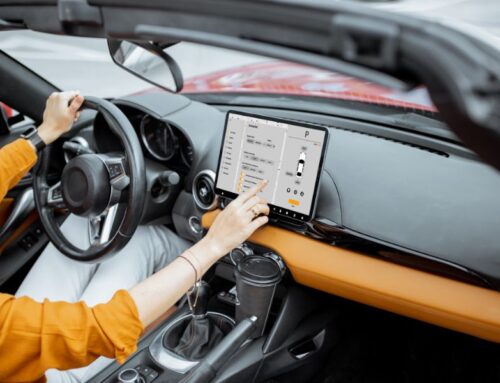
In the ever-evolving landscape of automotive technology, the pursuit of safer vehicles has been a paramount objective for manufacturers worldwide. With each passing year, cars are equipped with increasingly sophisticated safety features designed to mitigate accidents and protect occupants. As vehicles become smarter and safer, the impact on collision repairs is profound, ushering in a new era of challenges and opportunities for the automotive repair industry.
Cutting-Edge Safety Features
The integration of advanced safety technologies in modern vehicles represents a remarkable leap forward in accident prevention. Systems such as adaptive cruise control, lane departure warning, automatic emergency braking, and blind-spot monitoring are now commonplace in many new models. These technologies employ sensors, cameras, radar, and AI algorithms to detect potential hazards, assist drivers, and in some cases, take corrective actions autonomously.
While these safety features undoubtedly contribute to reducing the frequency and severity of accidents, they also significantly alter the dynamics of collisions when they do occur. The complexity of modern vehicles equipped with these systems adds layers of intricacy to post-accident repairs. The sensors and cameras intricately integrated into various parts of the vehicle, such as bumpers, mirrors, and grilles, can sustain damage even in minor collisions, necessitating specialized repair and recalibration.
Challenges in Post-Collision Repairs
One of the critical challenges collision repair technicians face today is ensuring the proper functionality of these intricate safety systems after repairs. Restoring a vehicle to its pre-collision state isn’t merely about fixing visible damage but also involves meticulously recalibrating and testing these advanced safety components. Calibration requires specialized tools and training to ensure that sensors and cameras are precisely aligned to manufacturer specifications, ensuring their accurate performance in real-world scenarios.
Moreover, the materials used in newer vehicles have evolved to enhance safety and reduce weight, leading to the increased use of high-strength steel, aluminum, and composite materials. While these materials enhance structural integrity and fuel efficiency, they also demand specialized repair techniques and equipment. Technicians must stay abreast of these evolving materials and techniques to perform effective repairs without compromising safety or structural integrity.
Auto Evolution Demands Continued Training
As vehicles continue to embrace advancements like electric propulsion, connected systems, and even autonomous driving capabilities, collision repairs will confront new challenges. Electric vehicles (EVs), for instance, require specialized handling and precautions due to their high-voltage systems. The integration of interconnected systems in modern cars also means that seemingly unrelated repairs might require reevaluation of the entire vehicle’s electronics and safety systems.
At Liberty Collision, we recognize the evolving landscape of vehicle safety technology and the corresponding impact on collision repairs. Our team undergoes regular training and certifications to stay updated with the latest repair techniques, tools, and safety protocols. We invest in cutting-edge equipment and diagnostic tools to ensure that every repair, from minor dents to complex structural damage, is carried out with precision and adherence to manufacturer specifications.
Trust in Liberty Collision for Safe and Effective Repairs
The evolution of vehicle safety technology brings both challenges and opportunities to the collision repair industry. It necessitates continuous learning, adaptability, and investment in advanced tools and techniques. At Liberty Collision, we are committed to providing our customers with high-quality, safe repairs, ensuring that their vehicles are restored to optimal safety standards, in line with the ever-evolving advancements in automotive technology. Liberty Collision in Reno and Sparks is a choice you can trust.



